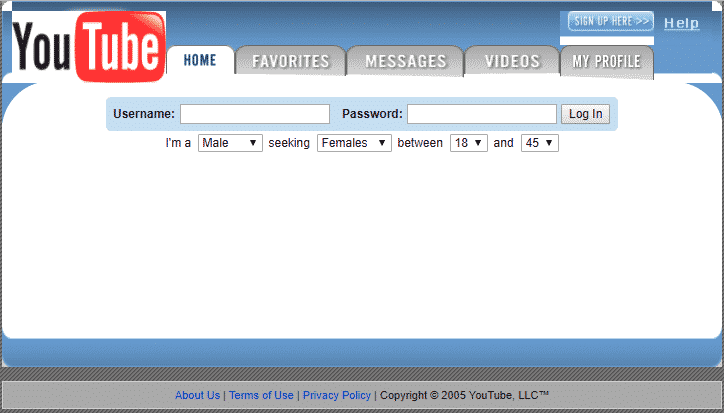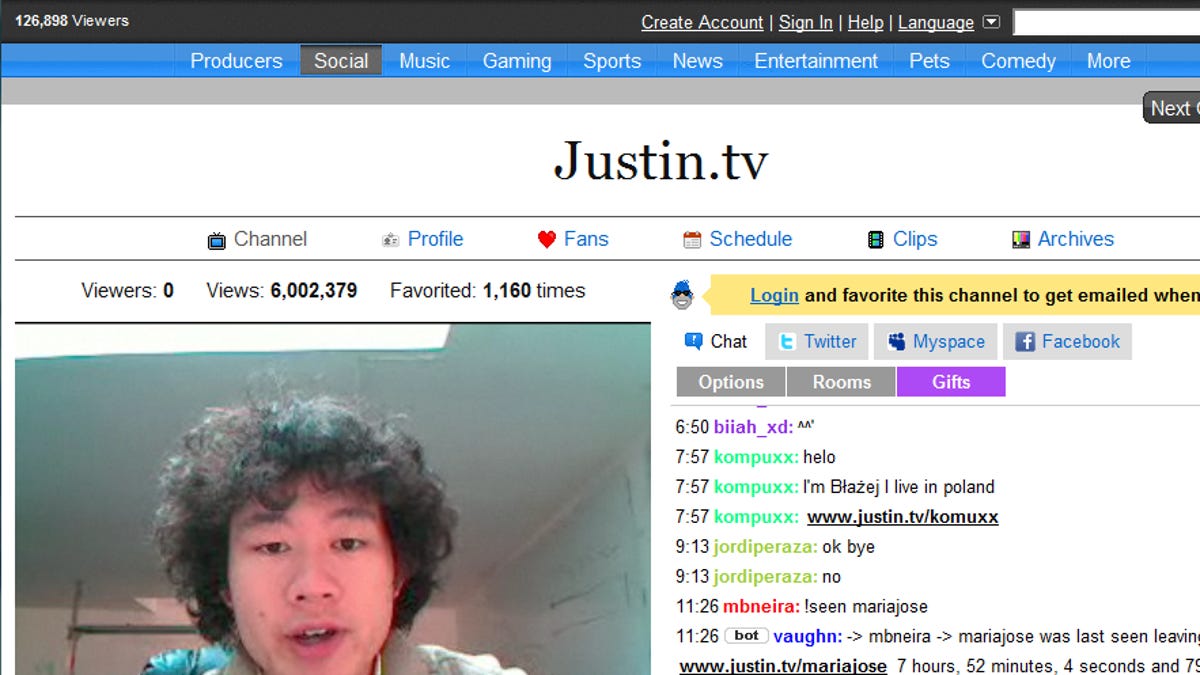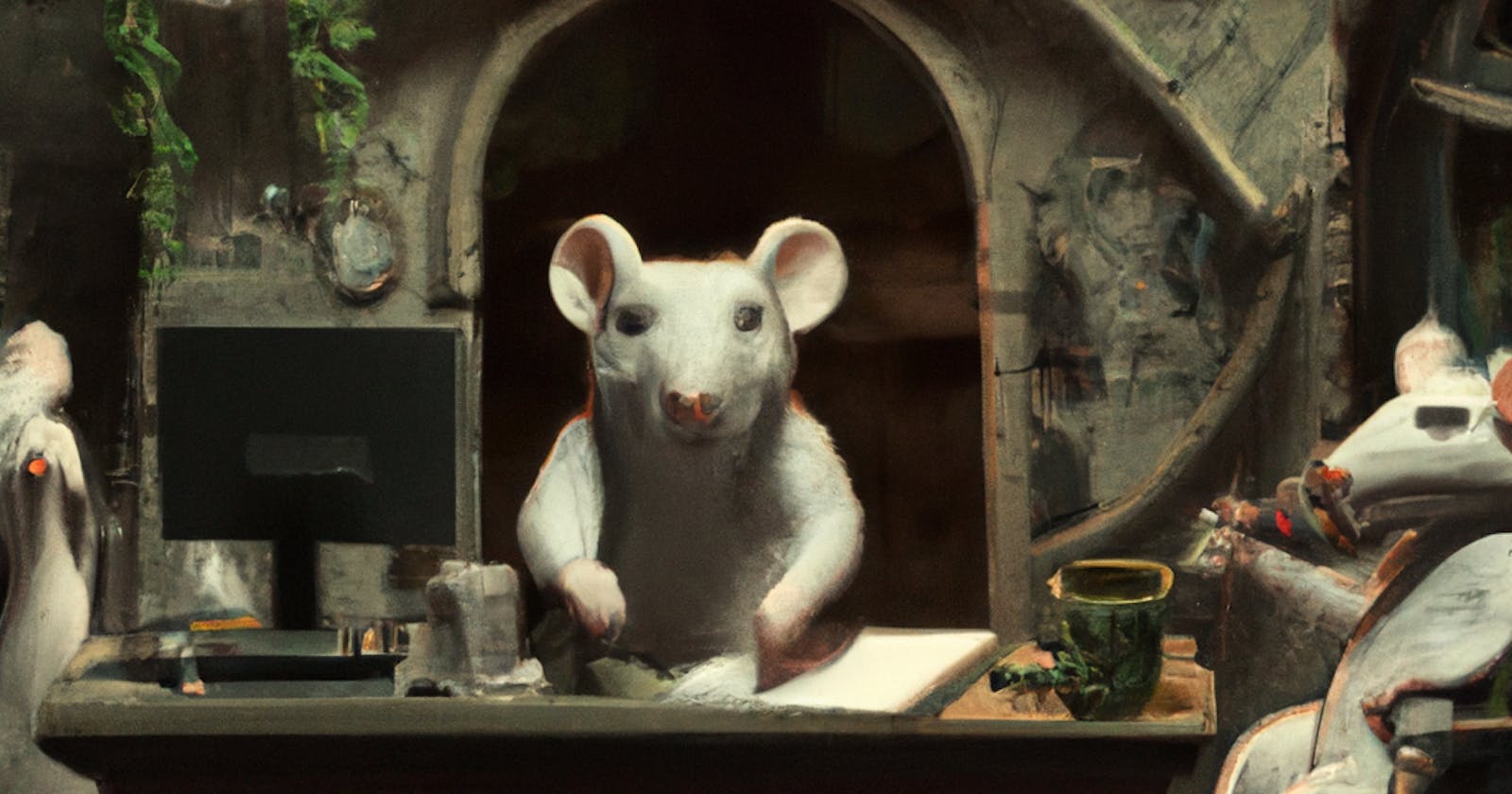Almost Every successful company today started off as a startup trying to solve a very specific problem. They rarely started off by saying "We are going to revolutionize/disrupt/change [insert industry here]" Nobody can foresee such a massive change that far ahead in the future. What great founders and startups do is build a solution for a specific group of people. A group of people whose pains the founders know and understand on a deeper level.
Apple

Apple's founding story is a great example of S.S.S. Both Steve's were not trying to build a personal computer that is going to be on everyone's desk. Wozniak built a beautiful computer board (later to be called Apple 1) which he showed off every 2 weeks at the Homebrew computer club. He used to tell people that they can build their own computers just like him using the board schematics he provided for free. But no one in that club was good at soldering, they were all software people. That's when Jobs said
"Look, there are a lot of people that want to build it and they can get the chips, but they don't want to solder it all together. So why don't we make a PC board and they can plop their chips in the PC board"—soldering a printed circuit board is easy, there are no wires—" and then they've got it done."
And that was it. That's how the world's most innovative company got started. Building a beautiful PC board for some enthusiastic people from a small computer club.
YouTube

YouTube started out as a dating site. It was a site where single people could upload videos of themselves and hook up with other users. They were not trying to be the biggest video streaming platform in the world. They were not even trying to be a video platform until they realized that users were just uploading videos they wanted to store or show off online. That is when the founders decided to be a video hosting platform. This is a great example of paying attention to users needs and changing the product to better meet their needs.

Instagram started off as an iPhone app called Burbn. A location-based social media app where users can check in from different locations and upload photos of their experience. Later founder Kevin Systrom and programmer Mile Krieger noticed that users were not using the check-in feature at all. Instead, they were using the photo-sharing feature A LOT. So the duo tweaked the app to help users upload a photo in only three clicks. The rest is history.
Twitch

The video live-streaming giant Twitch is currently the most popular video live-streaming platform among gamers and other creators. But before Twitch became well... Twitch it was called Justin.tv. The site used to only live stream founder Justin Kan's life. Streaming Justin's entire life with a camera attached to his hat and also a chat system where viewers could interact with Justin. Probably the best example of a startup starting small.
Outro
This hopefully will inspire the new aspiring startup founders when they look at their crappy MVP and doubt themselves. All successful startups were at this stage so we shouldn't get disheartened if the first or even second or third version of the product is bad. The key is to pay attention to the users and mold the product accordingly.
Inspirations for this article
